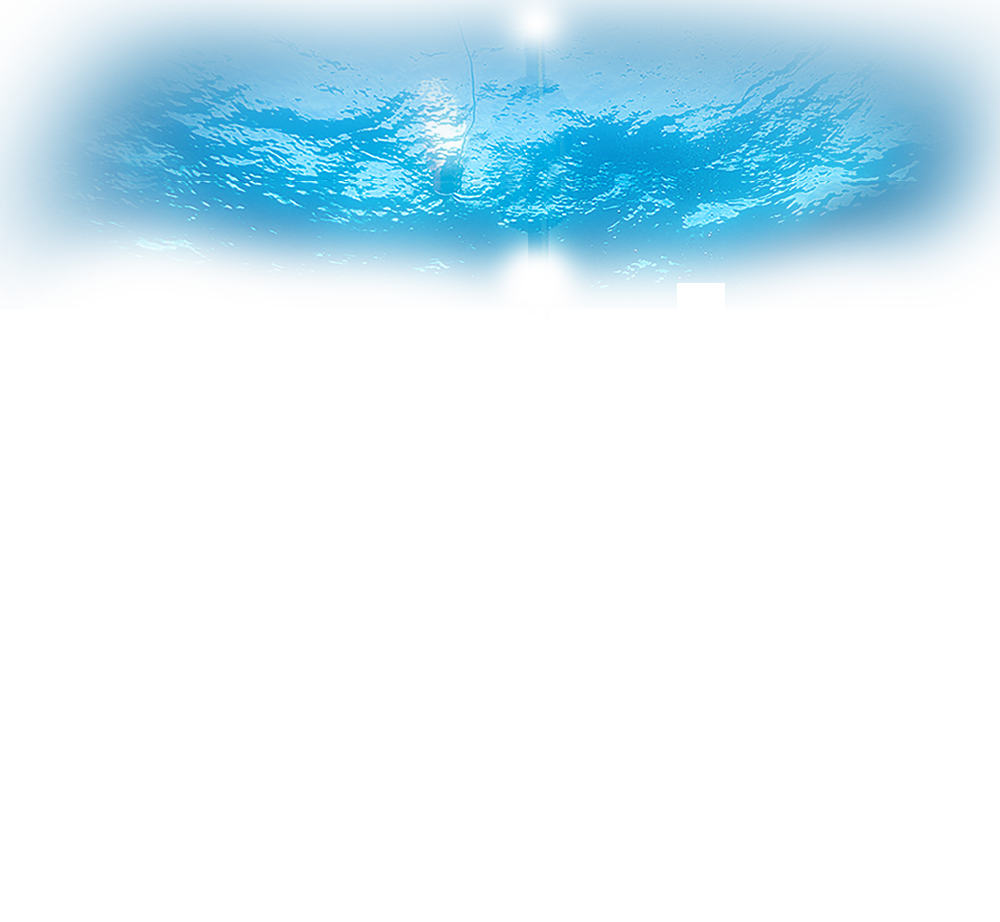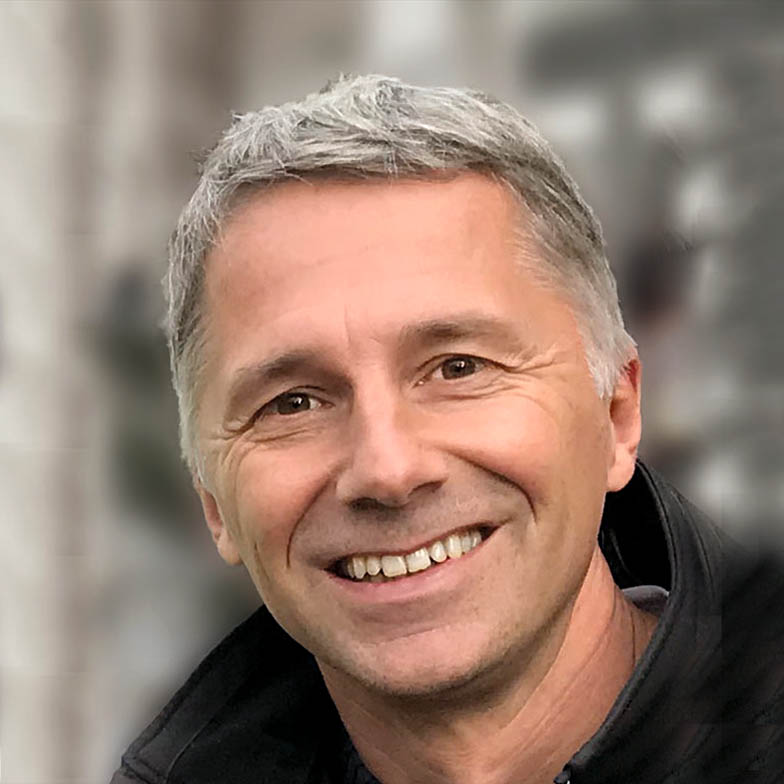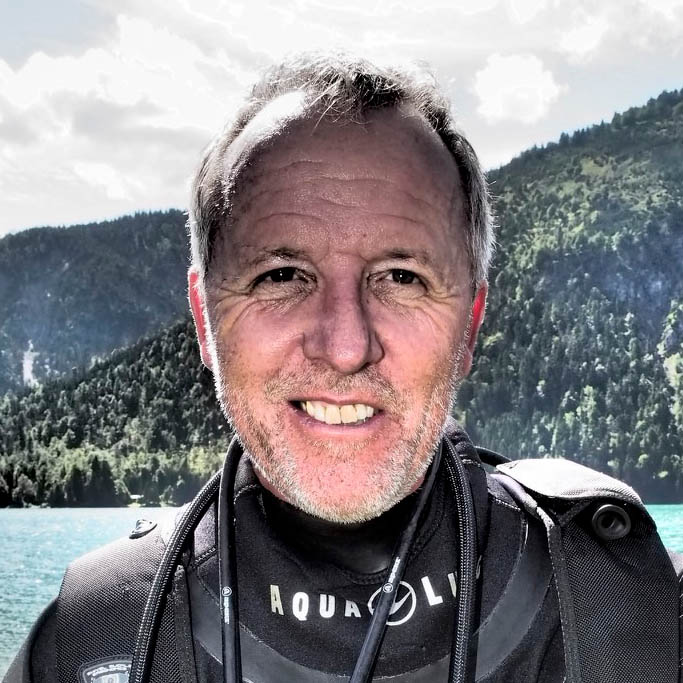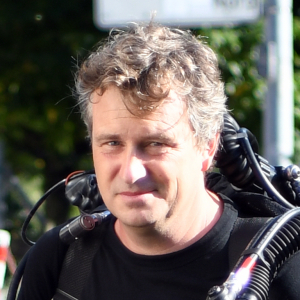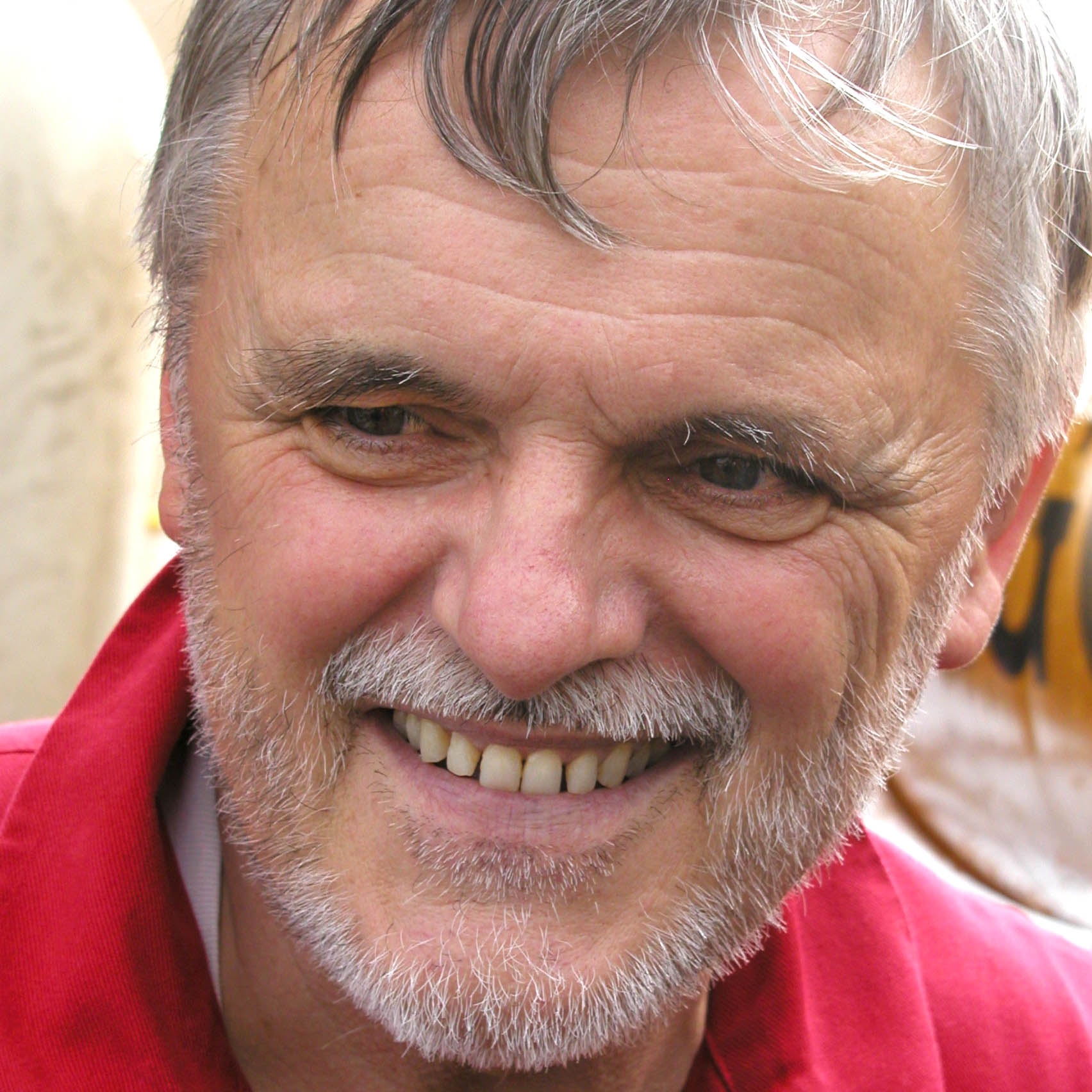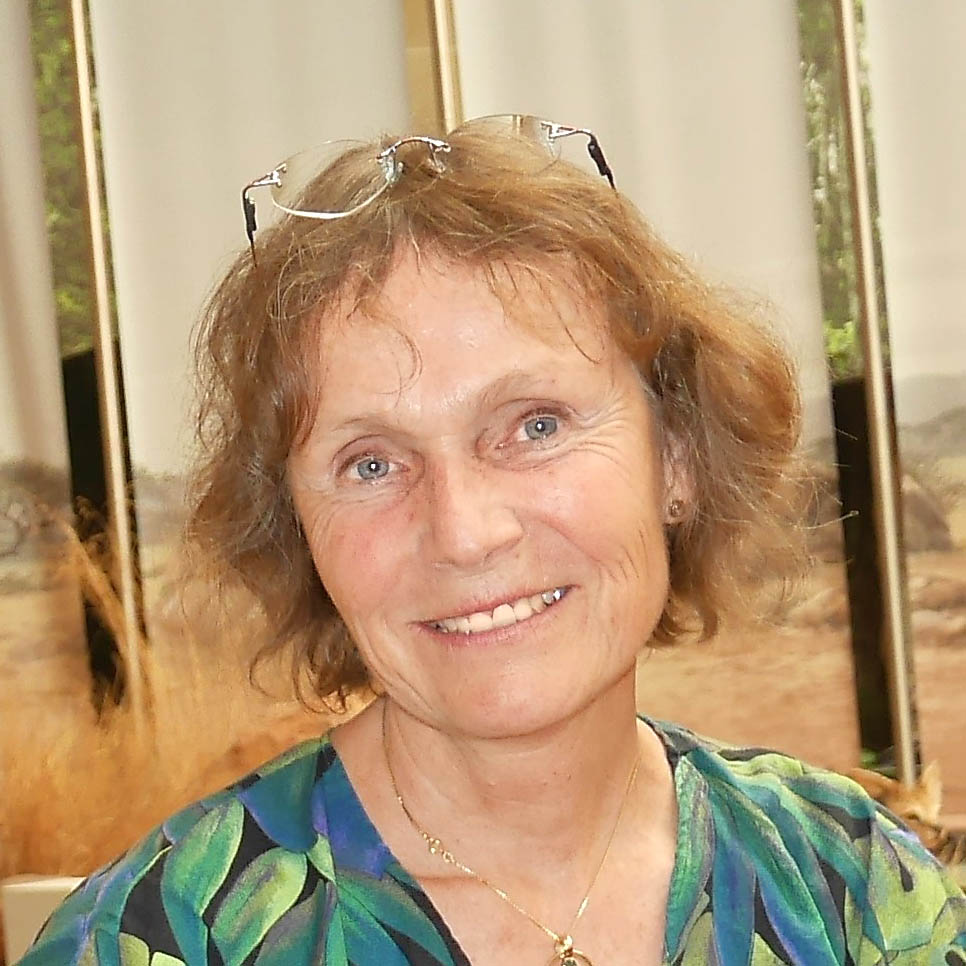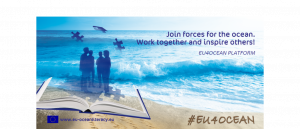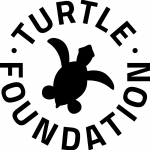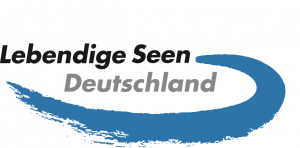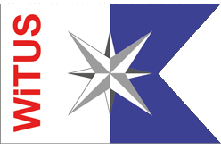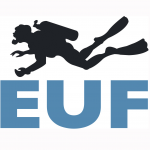picture: Herbert Frei

picture: Ralph Schill
PROFILE
Science and Information Transfer
In biology, aquatic organisms are referred to as “aquatiles” (lat. adj.: living in water, belonging to water).
In activities in which divers also implement science, we see ourselves specifically as scientists who also dive – and who are thus able to supervise projects from start to finish based on their backgrounds. With its headquarters in the University town of Tübingen, Germany, aquatil supports partners, organizations and clients through the planning and implementation of research projects, information events, education and training courses, and discussion formats.
CONCEPT
Expertise at the Scientific and Operational Level
In order to implement scientific and journalistic projects optimally from a single source, our core team, a scientific advisory board, and our network in the diving and scientific world have all the necessary components of successful project management. We are experts in planning and conducting underwater research, preparing scientific communication, providing contextualization and classification as well as connecting with others for the production of informational material in text, image and film.
These capacities are complemented by an operational diving unit for biological, geological, archaeological and technical scientific underwater missions – i.e., for tailor-made scientific and educational projects from a single source.
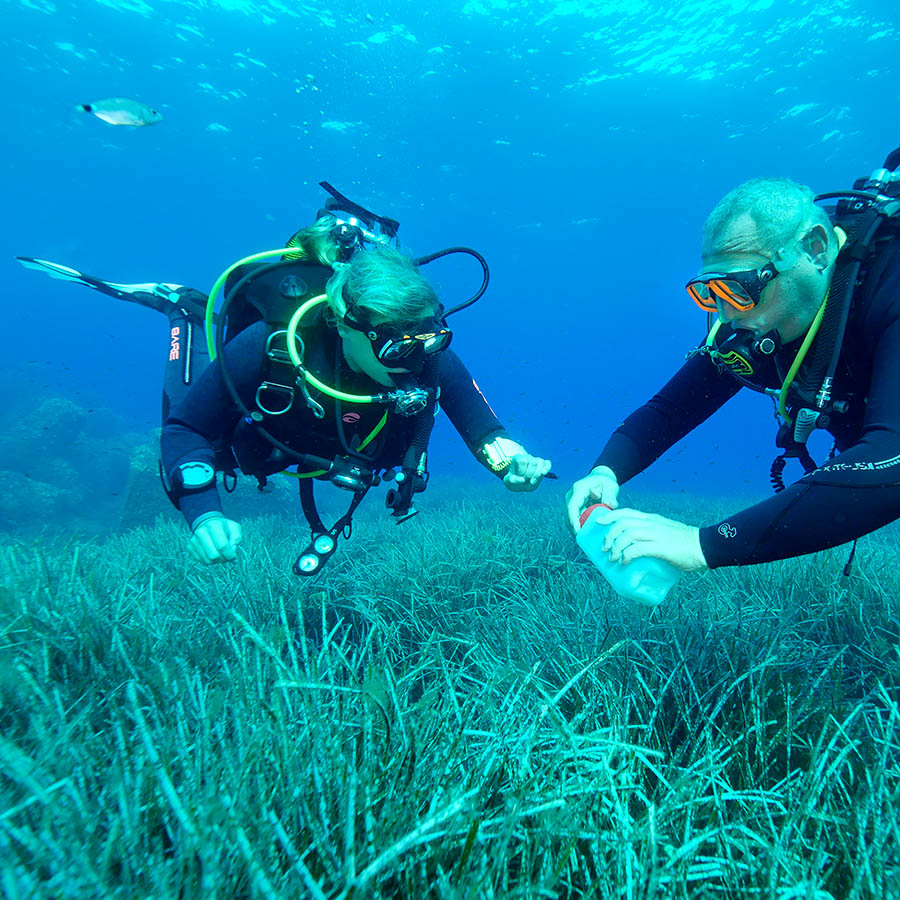
picture: Franz Brümmer
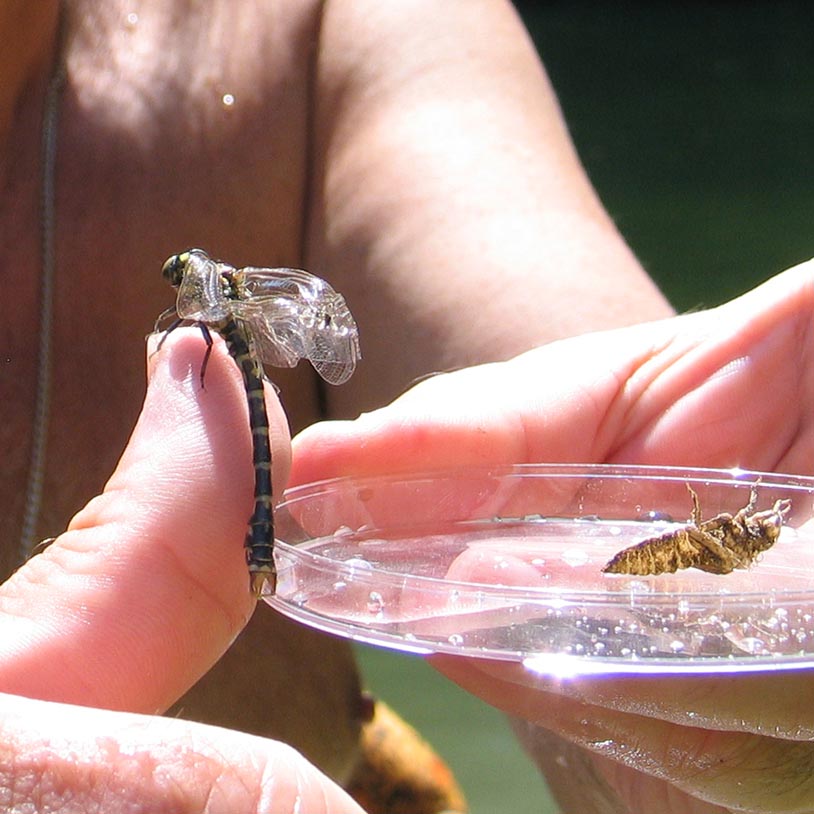
picture: Ralph Schill
NONPROFIT
Citizen Science and Professional Information Transfer
As a charitable limited company, aquatil promotes science and research, education for sustainable development, and the advancement of environmental, nature, and climate protection in rivers, lakes, seas, and oceans. We pave new ways for the rapid dissemination of expert and group knowledge for networking between natural and citizen science at a high levels – online and offline.
Through targeted networking of the public and science, we can anchor projects sustainably in society and thus contribute to the improvement of perception on both sides. The content of our work is supported by a scientific advisory board, which regularly advises the projects. With an active network, the core team of aquatil is properly positioned in science, diving, and nature conservation between the three circles of theory, practice, and publication.
picture: pexels-valdemaras-d-1687678
TEAM
Mit einem lebendigen Netzwerk verortet sich das Kernteam von aquatil in Wissenschaft, Tauchszene und Naturschutz zwischen den drei Kreisen Theorie, Praxis und Veröffentlichung.
Specialist for
Aquatic Biodiversity, Scientific Diving
Prof. Dr. Franz Brümmer was an extraordinary professor and head of the Research Unit for Biodiversity and Scientific Diving at the Institute for Biomaterials and Biomolecular Systems (IBBS) at the University of Stuttgart. His research focused on nanobiotechnological and biomimetic aspects of functional structures in the micro- and nanometer range, as well as the underlying biomaterials for creating and optimizing functional materials and biologically active agents. Another key area of his work was the scientific diving training within the M.Sc. Technical Biology program at the University of Stuttgart.
In 2024, we lost not only a distinguished scientist in Franz Brümmer but also a remarkable individual whose legacy lives on through the projects he initiated, the nonprofit organization aquatil he co-founded, and the countless individuals he inspired.
Specialist for
Ecology and Taxonomy
Prof. Dr. Ralph Oliver Schill is an adjunct professor at the University of Stuttgart, Germany. The main focus of his interest is biodiversity and the reaction response of invertebrates to environmental stressors, and their influence on the organisms and whole ecosystems. He is a member of the board of the Society for Biological Systematics (GfBS). As President of the Scientific Committee and member of the Board of Directors in the World Underwater Federation CMAS (Confédération Mondiale des Activités Subaquatiques), he worked voluntarily for eight years with international organizations such as UNESCO and the International Coral Reef Initiative (ICRI). On the board of the VDST (German Underwater Federation) he was responsible for Environment & Science for 16 years.
Specialist for
Communication and Event Management
Dietmar Fuchs studied biology and communication science and is an accredited diving instructor as well as dive center manager with many years of experience. For more than 30 years, he has been working as the publisher and editor-in-chief of several international diving magazines. He advises companies in all matters concerning diving as well as nature conservation. With worldwide networking in the diving industry, he brings extensive and up-to-date expertise in theory and practice.
Specialist for
Complex Diving Operations, R&D and Engineering
Dr. Steffen Scholz is a mechanical engineer and an expert in Industry 4.0 applications. He works at the Karlsruhe Institute of Technology (KIT). He holds an honorary professorship at Swansea University in Wales in the field of Smart and Advanced Manufacturing and is a Visiting Professor at Vellore Institute of Technology (VIT) in India. As an engineer, he has been involved in numerous research and development projects, particularly in the areas of dive computers, decompression algorithms, rebreathers, and diving protocols. He has also participated in over 50 scientific and media diving projects, including work for GEO and National Geographic. He is a member of the ISO working group TC 228 WG1 for diving and diving-related services, a lead auditor for diving training systems, and a former president of the European Underwater Federation (EUF). Steffen Scholz is not only an experienced engineer and diving expert but also a passionate underwater photographer. His work combines technical expertise with an artistic eye for the hidden beauty of the underwater world. He has contributed to numerous scientific and media diving projects, capturing breathtaking images from the depths of the oceans. His photography helps raise awareness of the need to protect marine habitats. His primary focus is photographing sunken ocean liners resting at depths of over 100 meters.
SCIENTIFIC ADVISORY BOARD
Prof. Dr. Hans Fricke is an honorary professor at the Ludwig-Maximilians-University of Munich, Germany, as well as a journalist and author. His research areas cover the whole world, from Egypt to Bermuda, Djibouti, Israel, Japan, Madagascar, Mexico, and New Zealand. He has spent over 10,000 hours underwater the Geo and Jago submersibles, built the underwater laboratory Neritica, recovered buried treasures from wells and oceans, and studied the ecology and social behavior of anemones, coelacanths, eels and other fascinating life forms. Hans Fricke is the producer of internationally awarded documentaries for ZDF, ARTE, BBC and NDR and has written countless technical articles and popular magazine articles, receiving numerous awards for his work.
Prof. Dr. Heike Wägele is an adjunct professor at the University of Bonn and works at the Zoological Research Museum Alexander Koenig (ZFMK). She has participated in expeditions to Antarctica and the Arctic, spent time at the Northern Territory Museum in Darwin, James Cook University Townsville, and at the marine biology station on Lizard Island (Australia). Her main interest is to understand the evolutionary mechanisms that led to the the origin of species and, ultimately, all the biodiversity we observe worldwide. Her animals of choice are the “rear-gilled” gastropods (Opisthobranchia, Heterobranchia), which have produced a variety of rare or non-existent phenomena in other groups of animals. Heike Wägele is currently conducting international cooperative projects in Indonesia with the aim of promoting teaching and science in the field of biodiversity there.
PARTNER
Our partners include NGOs, universities, foundations, and the media that support aquatil’s approach to the promotion of science and research, education for sustainable development and environmental, nature and climate protection in rivers, lakes, seas, and oceans.
CONTACT US

